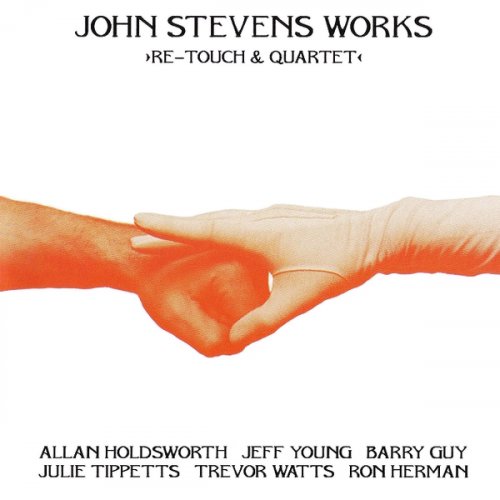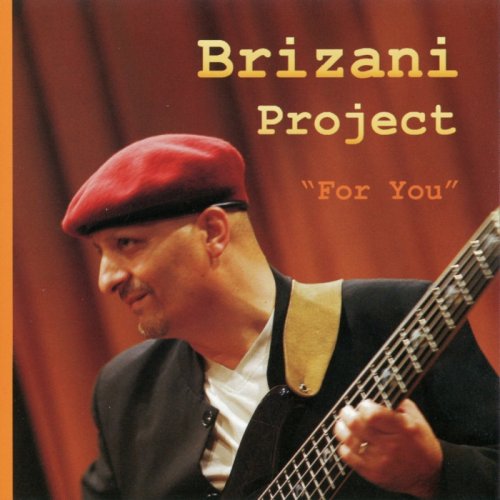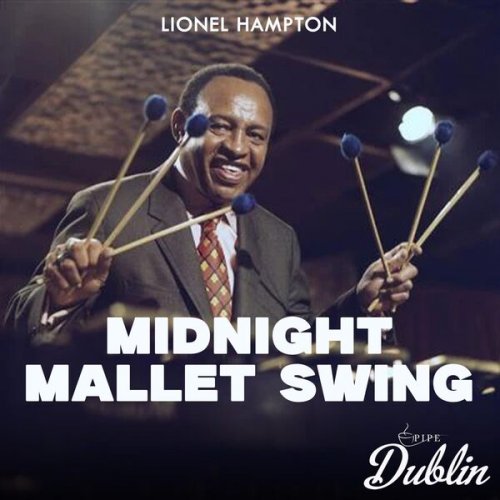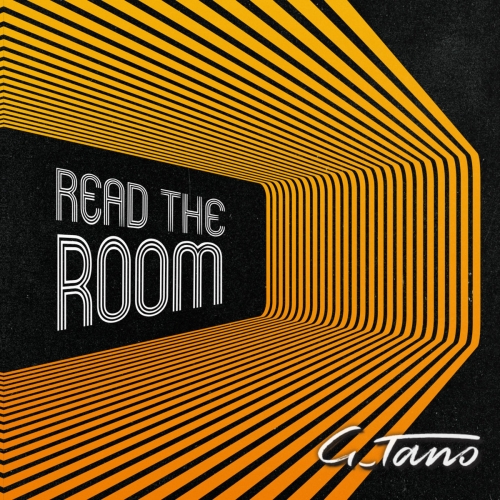Freddy Kempf, Bergen Philharmonic Orchestra, Andrew Litton - George Gershwin: Rhapsody in Blue (2012)
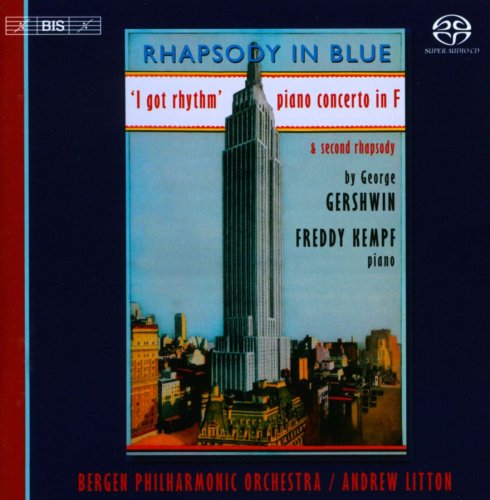
Artist: Freddy Kempf, Bergen Philharmonic Orchestra, Andrew Litton
Title: George Gershwin: Rhapsody in Blue
Year Of Release: 2012
Label: BIS
Genre: Classical
Quality: FLAC (image+.cue,log,scans)
Total Time: 73:56
Total Size: 338 Mb
WebSite: Album Preview
Tracklist: Title: George Gershwin: Rhapsody in Blue
Year Of Release: 2012
Label: BIS
Genre: Classical
Quality: FLAC (image+.cue,log,scans)
Total Time: 73:56
Total Size: 338 Mb
WebSite: Album Preview
George Gershwin (1898–1937)
[1]-[3] Piano Concerto in F (1925)
[4] Rhapsody in Blue (1924)
(original jazz band version, orch. Ferde Grofé)
[5] Second Rhapsody for piano and orchestra (1931)
(in the original 1931 orchestration by the composer)
[6] Variations on ‘I Got Rhythm’ for piano and orchestra (1934)
Performers:
Freddy Kempf piano
Bergen Philharmonic Orchestra
Andrew Litton conductor
The popularity of George Gershwin's piano music with audiences and performers, large to begin with, has only grown in the years since 1990, and distinctive new recordings have been appearing frequently. Here's one covering all the music for piano and orchestra, which is an effective way to trace the development of Gershwin's music within a single genre. The applicability of improvisation and free modification to Gershwin's music is a topic almost as hotly debated as with Baroque instrumental music, although it's hard to argue fully against it given the multiple states in which the Rhapsody in Blue exists and the importance of improvisation in Gershwin's own musical life. If you're down with a bit of decoration (it is by no means excessive, and much of it is in the orchestra, for example the alteration to the opening percussion in the Piano Concerto in F), this is superior Gershwin from a British pianist, a Norwegian orchestra, and an American conductor. Pianist Freddy Kempf has an excellent feel for the music's "jazz" and "classical" sides, for the way in which the range of styles in Gershwin's music is so intelligently fit into classical forms. Jazz and blues are the turning points that make the sonata form in the first movement of the Piano Concerto in F work. The Rhapsody in Blue is performed in its original jazz band orchestration by Ferde Grofé, and the big lyrical theme is quite moodily and effectively prepared. The highlight of the whole thing is the brisk, detailed, and totally compelling Second Rhapsody, a work that remains hard to bring off. Kempf may have single-handedly changed the situation with his performance here. The I Got Rhythm Variations make a lively finale. It's the cooperation between Kempf and Litton, who has also recorded Gershwin as a pianist, that makes this program work so well and keeps uncovering new depths in the seemingly limpid music of Gershwin, nearly a century after its composition.
![Katrine Schmidt - Wearing My Heart On My Sleeve (2026) [Hi-Res] Katrine Schmidt - Wearing My Heart On My Sleeve (2026) [Hi-Res]](https://www.dibpic.com/uploads/posts/2026-02/1771145515_ugcrf0sr2pkvk_600.jpg)
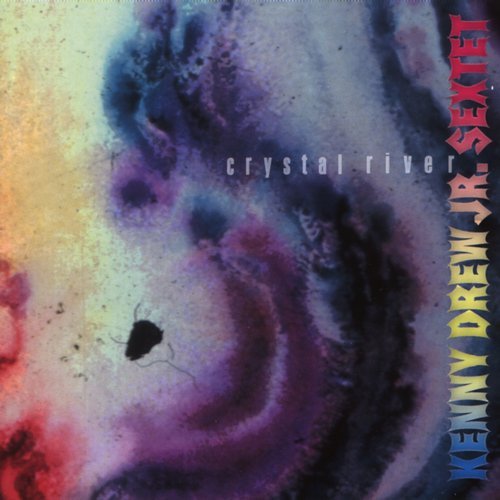
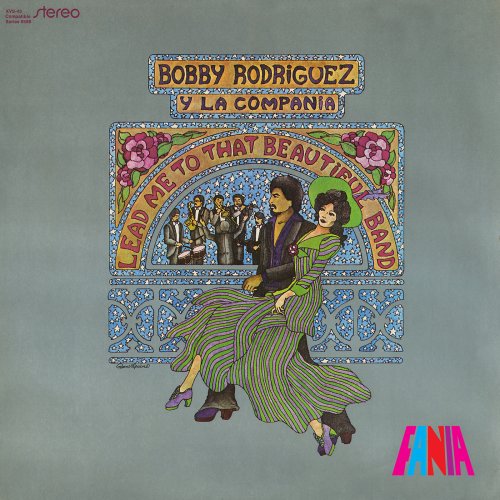
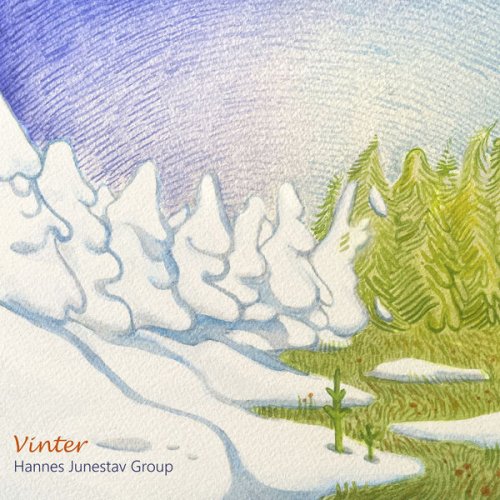
![Tiziano Tononi, Daniele Cavallanti & Nexus - Open Mouth Blues (Remastered) (2026) [Hi-Res] Tiziano Tononi, Daniele Cavallanti & Nexus - Open Mouth Blues (Remastered) (2026) [Hi-Res]](https://www.dibpic.com/uploads/posts/2026-02/1771515311_cover.jpg)
